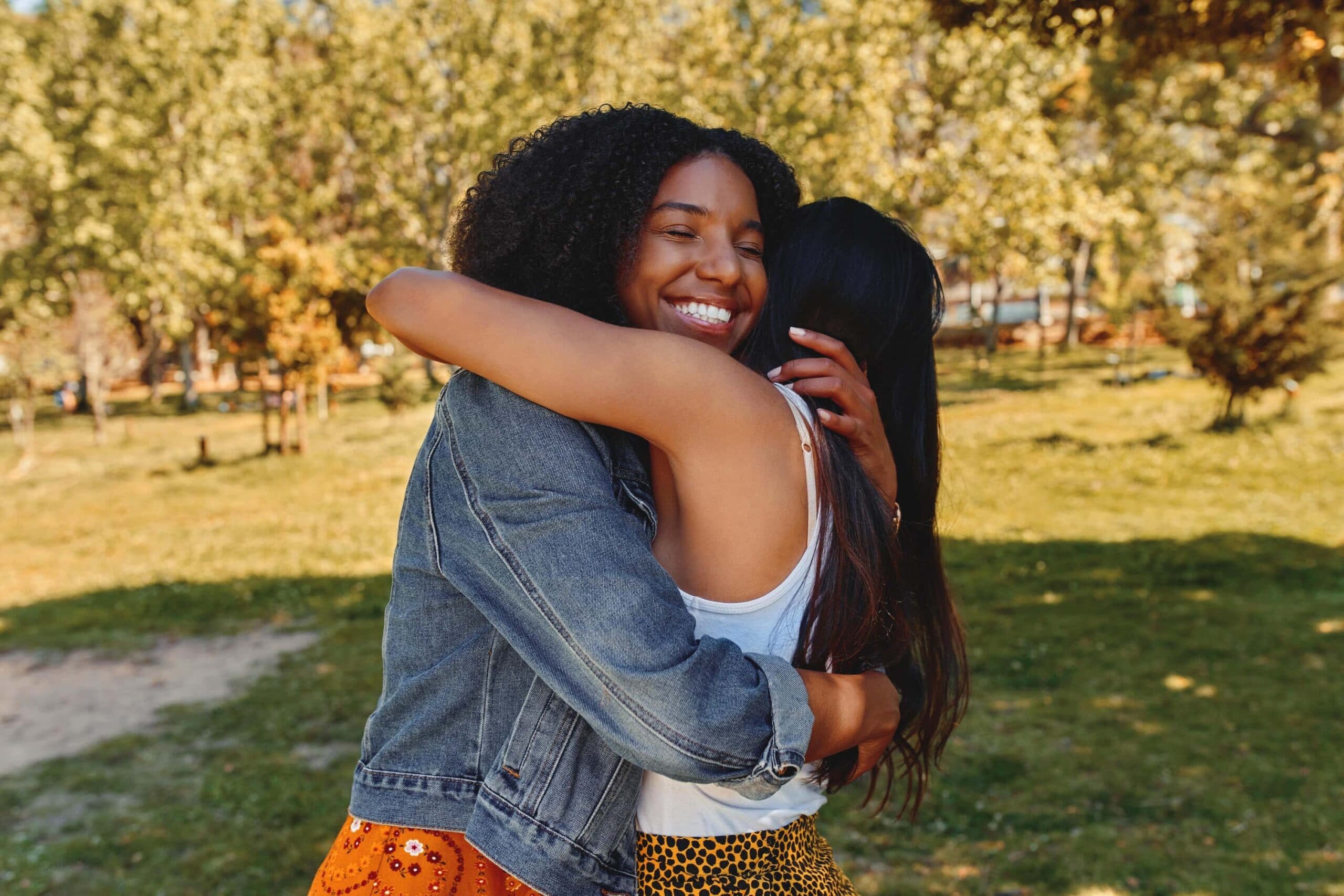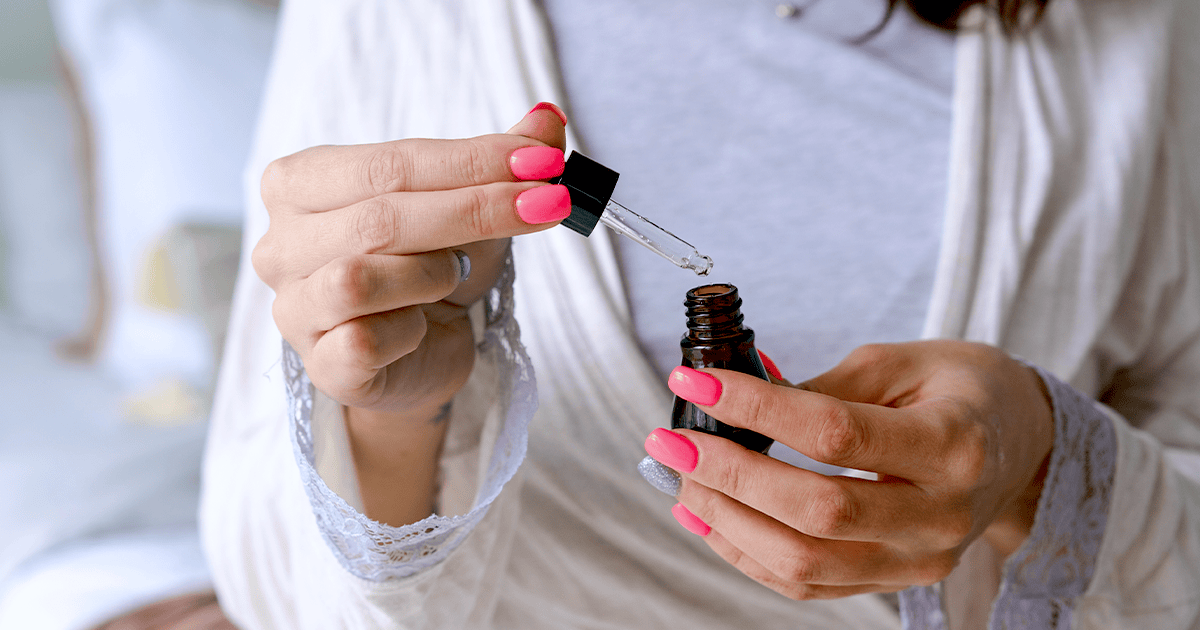As Covid restrictions gradually ease, there’s so much to look forward to – from going to restaurants to spending quality time with friends and family. For many though, there’s one major thing to count down to: hugging.
If all goes to plan, those in England will be able to hug people outside of their bubble from June 21. Although the roadmap is subject to change, prime minister Boris Johnson has said: “I think we have got a good chance of being able to dispense with the one-metre plus [rule] from June 21.”
Other countries could also follow – meaning we’d be able to actually embrace loved ones, instead of awkwardly waving at them from a distance. “The opportunities for having that human contact again and having that connection with someone else are immense,” says Dr Shungu Hilda M’gadzah of Inclusion Psychologists.
It could help decrease loneliness
The Office For National Statistics (ONS) gathered data from April 3 to May 3, 2020 – during the first lockdown – and 30.9% of people said ‘their wellbeing had been affected through feeling lonely in the past seven days’.
Hugging can play a bit-role in combating loneliness, with M’gadzah suggesting vulnerable groups like the elderly and those in care homes will particularly benefit. They might have been experiencing “isolation and feeling very much alone” over the past year, she says. “When the doors open and people are able to hug again, that connection and that sense of acceptance and belonging is really key.”
It could help combat anxiety
This rise in loneliness could also be linked to anxiety and depression. Mental health charity Mind reported in 2020: “More than two thirds of adults with mental health problems reported that their mental health got worse during lockdown. As a direct consequence of the pandemic and all that follows, many people who were previously well will now develop mental health problems.”
M’gadzah says: “We’ve seen increasing numbers in terms of people suffering from anxiety and depression, and for some of us it’s down to that feeling of isolation and not having human contact, and not having someone there who we can either speak to and connect with.” She suggests something as simple as hugging can be “quite nurturing and healing”, and help combat or ease some of these issues.
It could boost self-esteem

“If someone is feeling low and down, then actually, that act of hugging sends a message that someone cares and someone is there for them,” says M’gadzah. “That in itself supports someone; making them feel better about themselves and making them feel more able to combat or tackle any kind of challenges they have – that can include how you perceive and view yourself.”
The psychologist adds: “Self-esteem is a key benefit of hugging, because it supports you to recentre and feel better about yourself in that moment.”
There could also be physical benefits

Hugs also have the potential to positively impact our physical health. One study published in Biological Psychology suggested women who received frequent hugs had lower blood pressure and higher oxytocin levels (known as the ‘love hormone’).
Another study by Carnegie Mellon University looked into how hugs might help stop us from getting sick.
Lead researcher Sheldon Cohen said: “We know that people experiencing ongoing conflicts with others are less able to fight off cold viruses.
We also know that people who report having social support are partly protected from the effects of stress on psychological states, such as depression and anxiety.
We tested whether perceptions of social support are equally effective in protecting us from stress-induced susceptibility to infection and also whether receiving hugs might partially account for those feelings of support and themselves protect a person against infection.” He found “those who receive more hugs are somewhat more protected from infection”.
Oh to be able to squeeze loved ones again. It beats video calls, hands down.





